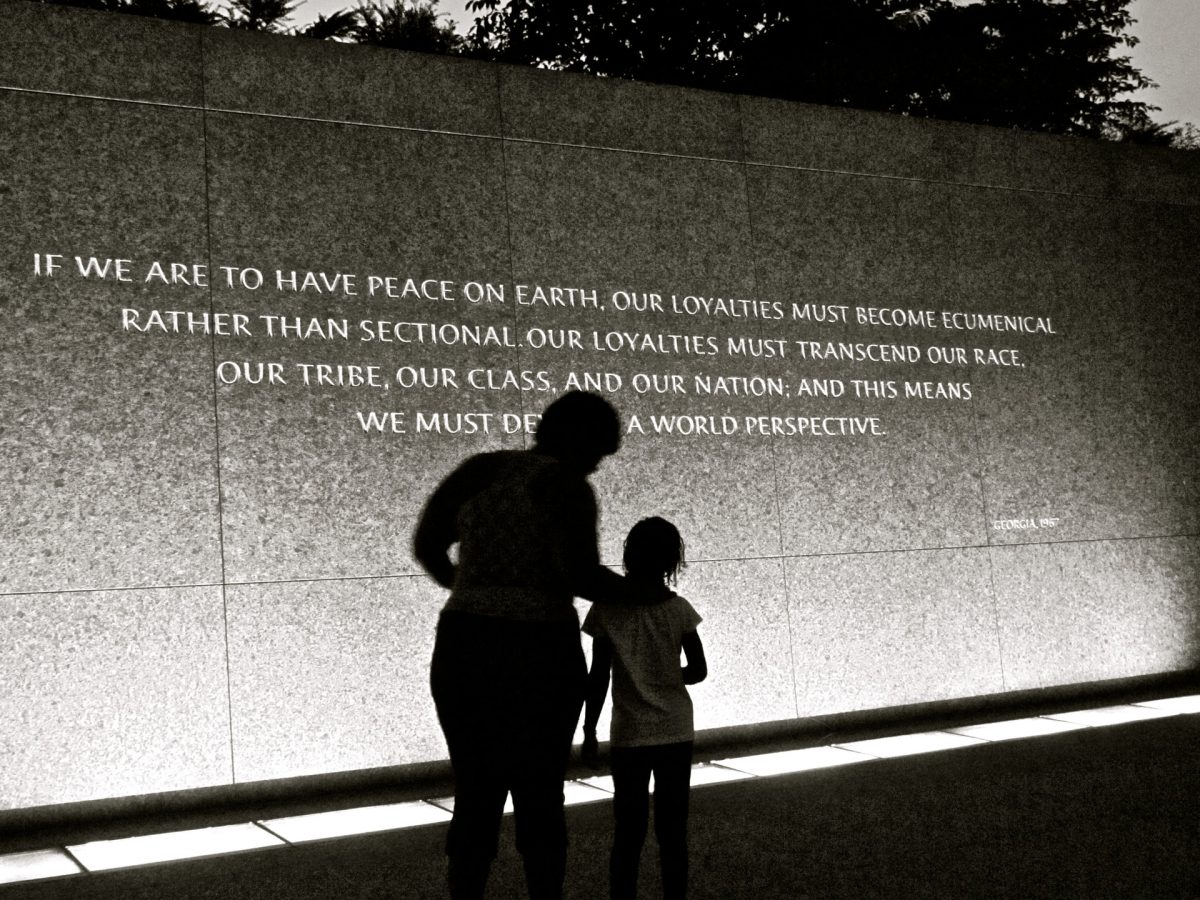Honoring The Martyrs Of Emanuel AME by Kevin Murriel

I am angry. I am sorrowful. I am mourning.
In case some were wondering if discussing issues around race was important, the answer for Americans should now be clear. Nine people are dead. Racism in America is alive and active and many are wandering what we should do about it.
Dylann Roof entered Emanuel A.M.E. Church in Charleston, South Carolina on Wednesday evening and killed those attending a Bible study because he wanted to “start a race war.” We were in the midst of our annual United Methodist conference (North Georgia) meeting when the coverage of the shooting began. The mood shifted immediately. Our Bishop expressed somber and convicting words and our annual conference responded by taking an offering to send to the families of victims. Others gave speeches from the floor to call the church to action and throughout the conference people of every race present shed tears.
But America has been here before.
On September 15, 1963, five Black girls only 14 years of age gathered in the basement restroom of the 16th Street Baptist Church in Birmingham, Alabama to prepare for worship. It was their Sunday; Youth Sunday. Suddenly, joy turned to chaos; laughter to helplessness. A bomb, planted by a member of the Ku Klux Klan, exploded killing four of the girls while blinding and severely wounding the fifth.
Again, America has been here before.
Though some 50 plus years later, people are still incited to anger against others because of their race. And needless to say, many will look to the Church’s guidance in response to the senseless act of terror in Charleston.
After the shooting I was interviewed by an editor at the Atlanta Journal Constitution and he asked me how should churches operate in light of this incident. I told him by doing exactly what Mother Emanuel did–that is, being open and inclusive to everyone regardless of how they look. In my view, the nine people killed that night were martyred. They died in the act of expressing their faith and love towards someone who was different than they. They were living witnesses of Christ’s message.
The members at Emanuel refused to profile and reject Dylann Roof because he was White. To them, everyone had a seat at God’s table and a place in Christ’s Church. This is the same attitude the Church must maintain.
At the bond hearing, members of the victims’ families expressed their forgiveness towards Roof. Although their loved ones are gone, they saw the need to extend grace towards someone who is lost–the one in most need of the saving grace of Jesus Christ–the offender.
This is at the core of racial reconciliation–forgiving the transgressions of another even in the midst of the pain one has experienced. It is here that churches should begin the conversation on the race problem we face, realizing that progress is impossible void of forgiveness.
The unfortunate result is that churches will have to take more precautionary measures to keep congregants safe. Hiring security and making sure attendees are vigilant is now our new reality. And still our mission remains the same–to welcome all people.
Similar to the 16th Street Baptist Church bombing in 1963, the Emanuel A.M.E. church shooting of 2015 will cause America and the Church to view and discuss issues surrounding race differently. And it will bring out the worst in many. But this is the cost of racial reconciliation. It is the cost of saving lives.
Several weeks back I had lunch with Rev. Edwin King, the white pastor who led the Mississippi Church Visit campaign of 1964 to desegregate white churches in Jackson, Mississippi. We talked about the racial divide in Christianity and America in general. It was a productive and engaging conversation. But the looks that we received from people in the restaurant were most telling. Clearly an older white man having lunch with a young black man was out of the ordinary, which is exactly why we met in a public place.
Racial reconciliation calls people to have “out of the ordinary” moments frequently. It challenges our social and spiritual status quo. One response to the tragedy at Mother Emanuel should be for churches to have more “out of the ordinary” moments with people of a different race around conversations that make us uncomfortable. It is the best way forward.
The Church can no longer afford to live on empty rhetoric and a homogenized, Western perspective of the Kingdom of God. We must expand our language and our understanding of God’s Kingdom. This, however, is learned; and America is again witnessing what can happen when someone hates others because of their race.
So, I am angry. I am sorrowful. I am mourning. Yet, I am hopeful that as the deaths of martyrs in past times brought about change in many nations, the deaths of the Martyrs of Emanuel A.M.E. will also shake the conscience of America and touch the spirit of the Church to pursue racial reconciliation here and now.
